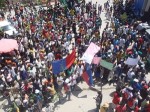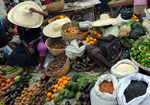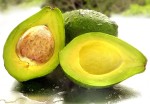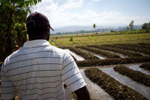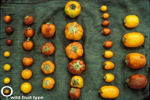Mountains Behind Protests
By Dady Chery, Haiti Chery. Haiti’s most populous cities erupted in protest in early September, and some areas remain more or less in a state of continuous protest against human rights abuses, soaring food prices, 80 per cent unemployment, crashing agriculture, government corruption and racism, and many other severe political and economic ills.
Continue reading →
